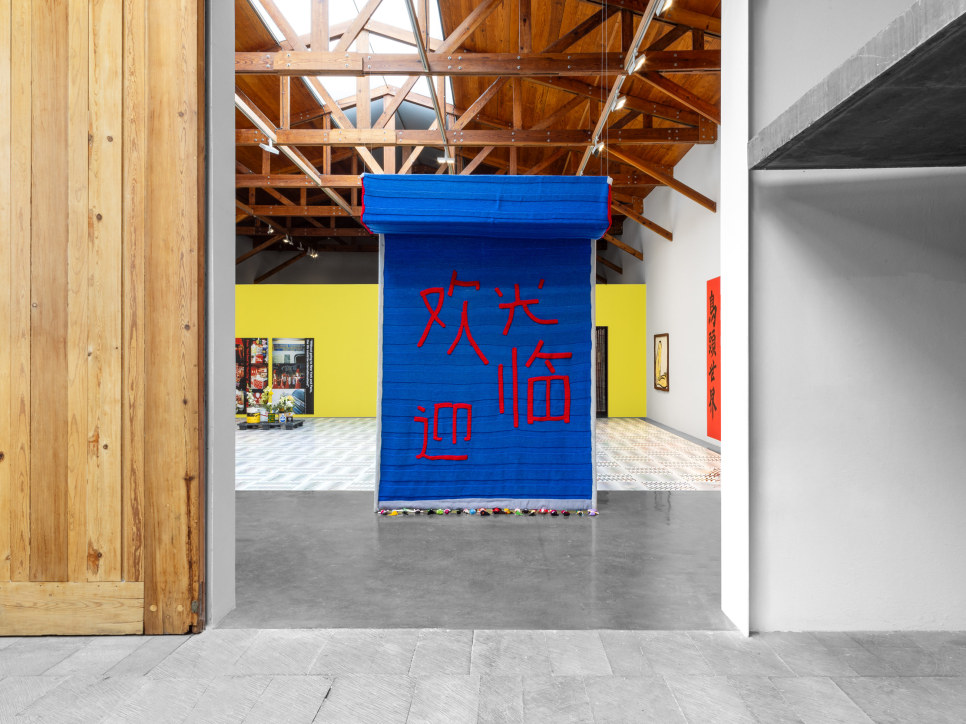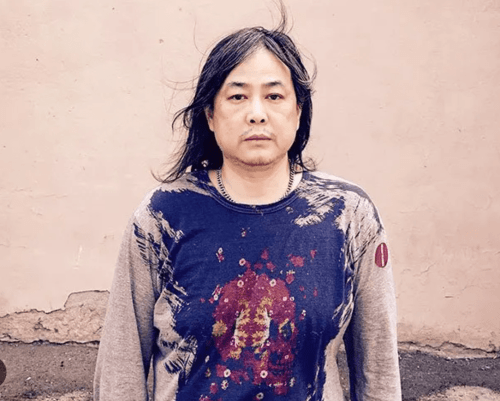

YANG Fudong was born in 197 1 in Beijing. He currently lives and works in Shanghai. Since the late 1990s Yang Fudong has developed a significant body of work mainly in film, installation and photography. He is considered one of China's most important contemporary artists. Yang’s visual language has always been enveloped in a dream-like mystery. His characters, often silent and disembodied, usually move according to choreographed gestures and transport the viewer into an aesthetically perfect environment. His work deliberately suspends and confuses time.
Yang Fudong studied painting at the Academy of Fine Art in Hangzhou. His work has been exhibited widely internationally, including solo presentations in major institutions such as Fosun Foundation, Shanghai (2019); the Long Museum West Bund, Shanghai (2018); Savannah College of Art and Design, Georgia (2018); Espace Louis Vuitton, Tokyo, Japan (2017); Daegu Art Museum, Daegu, Korea (2016); Yuz Museum, Shanghai (2015); Auckland Art Gallery, New Zealand (2015); ACMI, Melbourne, Australia (2014); Parasol Unit, London (2011); National Museum of Contemporary Art, Athens (2010); Asia Society, New York (2009); Kunsthalle Wien, Vienna (2005); Castello di Rivoli, Torino (2005); and Renaissance Society, Chicago (2004). In 2013, Kunsthalle Zurich and Berkeley Art Museum & Pacific Film Archive co-organized his retrospective exhibition. The artist has also participated in prestigious international art events including: Sharjah Biennial, UAE (2013); Venice Biennale, Italy (2003 and 2007); The Asia Pacific Triennial of Contemporary Art, Australia (2006); and Documenta XI, Germany (2002).This shot was taken in 2006 in Shandong province, near the port city of Weihai – I was there to film the fourth instalment of a five- hour video work, Seven Intellectuals in a Bamboo Forest.
About the works:
Yang Fudong's Seven Intellectuals in a Bamboo Forest (2003–2007), is a monumental five-part film series with a duration of five hours, which made its debut at Venice Biennale in 2007. This captivating oeuvre draws its muse from a celebrated Chinese narrative of youthful scholars who, disenchanted by the duplicity of their society in the third century, seclude themselves in a forest to establish a loosely organized commune. This classic narrative perpetuated through millennia via the mediums of poetry, music, and ink painting, illustrates an antiquated utopia. In Yang Fudong's filmic exploration, the septet of young individuals embark upon an elongated odyssey from an idyllic village courtyard and a fishing isle to a mountain, only to eventually find themselves back amidst the urban sprawl. Throughout their voyage, they wrestle with their contextual identity, tragically finding themselves lost in the labyrinthine relics of forsaken industrial-era factories and the phantasmagoria of colonial buildings in Shanghai.